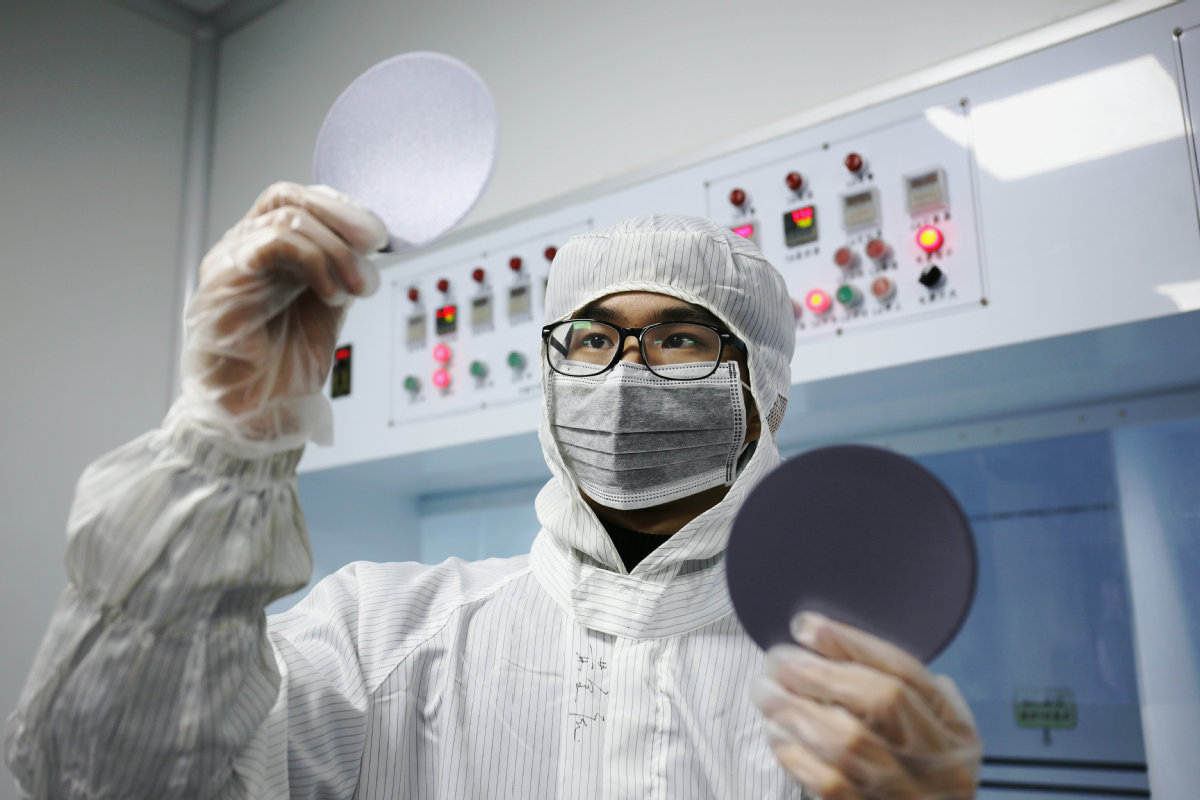Carmakers warn chip shortage to continue into 2022

Several major carmakers warned the global semiconductor chip shortage, which had an adverse impact on production and sales, is expected to continue into next year, Economic Information Daily reported.
Richard Palmer, CFO of Stellantis, the world's fourth-largest carmaker, did not expect the chip supply to improve before the fourth quarter, with a total projected production loss of around 1.4 million vehicles in 2021.
German luxury carmaker BMW, which has so far been less affected by the chip shortage than some of its peers because of strong relations with its suppliers, also said the second half will be more challenging. "We expect production restrictions to continue in the second half of the year and hence a corresponding impact on sales volumes," said BMW CFO Nicolas Peter.
On Tuesday, US automaker General Motors shut down several North American plants because of the shortage, including three next week that make its highly profitable full-size pickup trucks. "The global semiconductor shortage remains complex and very fluid," GM said in a statement.
Other carmakers from Tesla to Ford Motor have warned that for the foreseeable future, a lack of chips is the main speed bump.
"While we're making cars at full speed, the global chip shortage situation remains quite serious," Tesla CEO Elon Musk said last week.
Ifo Institute, a Munich-based economic institute, said on Tuesday that the German car industry faced the worst chip supply shortage in 30 years. A poll showed that 83 percent of companies were affected, up from 65 percent in April. "This is leading to production stoppages, The shortage of semiconductors will persist for some time to come," the institute said.
On Sunday, French car lobbying group CCFA-PFA said the global chip shortage and a new surge in COVID-19 infections are weighing on the prospects of a strong rebound by the French car market.
The association earlier predicted car sales growth of 9-10 percent this year, but now "that could be toned down," a spokesperson said, adding that it might be difficult to achieve sales of 1.8 million units this year.
German chipmaker also painted a grim picture on Tuesday, saying it was battling extreme constraints in its markets and that inventories had hit all-time lows. "The rebound of global car markets continues to be hampered by acute supply limitations across the entire value chain," Infineon CEO Reinhard Ploss said. "This will take until well into 2022," he added.

